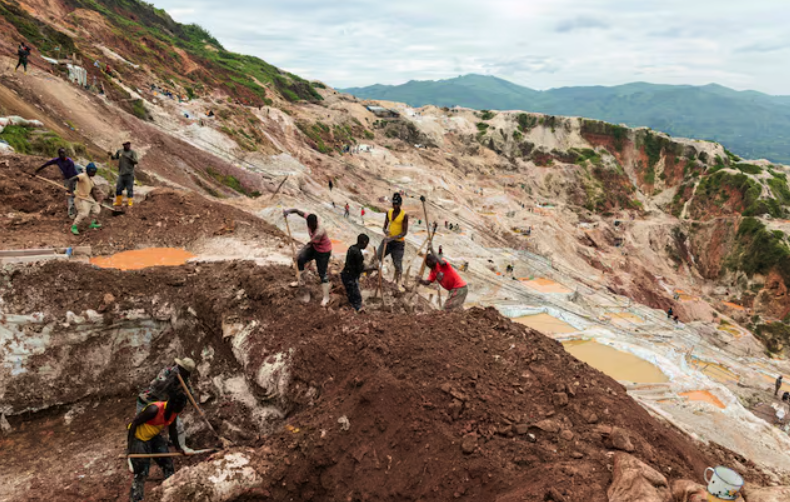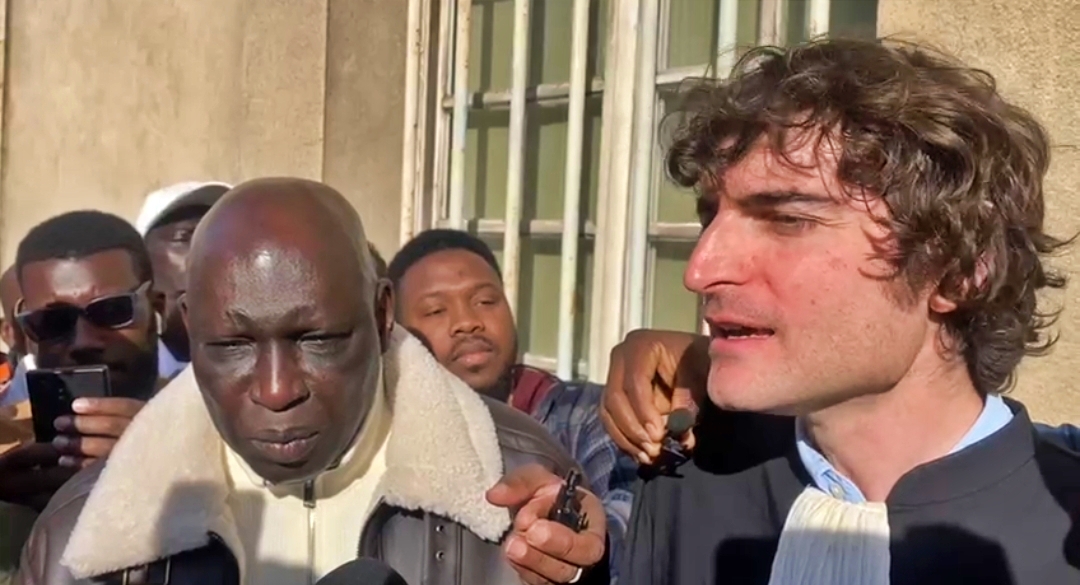Gambiaj.com – (PARIS, France) – A French court on Tuesday declined to issue a ruling on Senegal’s request to extradite prominent journalist and media executive Madiambal Diagne, instead demanding further assurances that he would receive a fair and impartial trial if returned to Dakar.
The investigating chamber of the Versailles Court of Appeal requested additional information from Senegalese authorities regarding the allegations against Diagne, who is accused by the Senegalese government of receiving kickbacks worth 21 billion CFA francs (about €32 million).
The Versailles Court of Appeal asked that the Senegalese government clearly details the acts allegedly committed by Madiambal Diagne, specify the timeframe in which they occurred, and outline the exact charges being brought against him.
The French judiciary is also demanding assurances that Diagne would receive a fair and impartial trial in Senegal, in line with international legal standards.
In addition, the court has raised concerns about the transmission of the international arrest warrant, noting that it did not appear to follow standard procedures—casting doubt on its validity.
The court has therefore set a new hearing date for February 3, 2026.
In short, French judges stopped short of endorsing Senegal’s bid, signalling that concerns over judicial safeguards remain central to the proceedings.
Defense Challenges Arrest Warrant
In a briefing earlier this month, Diagne’s legal team questioned the validity of Senegal’s arrest warrant, arguing that the extradition request lacked clarity and was marred by procedural flaws. Lead counsel Vincent Brengarth warned that sending Diagne back to Senegal could expose him to an unfair trial.
Brengarth also noted that, despite Senegalese authorities portraying Diagne as a fugitive, French courts did not share that view, pointing to his release during the ongoing proceedings as evidence of judicial independence.
A Case Reverberating Beyond France and a Broader Debate on Media Rights
The controversy has drawn wide attention in Senegal and internationally, amid heightened concerns over press freedom and judicial independence in the West African nation. Diagne, publisher of the daily Le Quotidien and a veteran critic of the Senegalese government, has faced several legal battles in recent years.
Earlier this year, Senegal issued a warrant for his arrest on charges of “contempt of court” and “spreading false information,” accusations his supporters dismiss as politically driven.
Rights groups say the case underscores growing unease over the treatment of journalists under President Bassirou Diomaye Faye’s administration, calling for transparency, restraint, and respect for freedom of expression in handling press-related offenses.
With the next hearing set for February, the fate of Senegal’s extradition request—and the wider implications for media freedoms in the country—remains uncertain.










